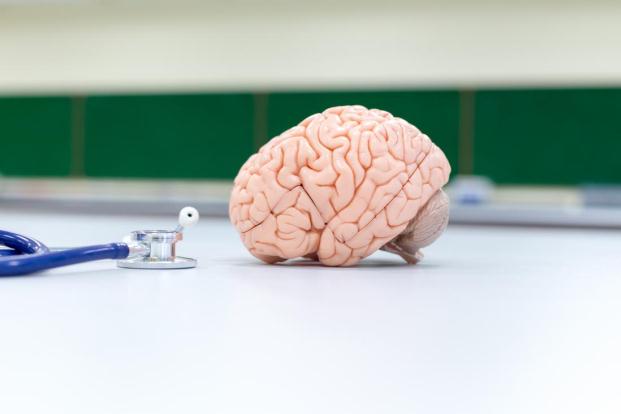Brain Tumor-Related Epilepsy
Apr 19, 2022
In 20-40% of the patients who are diagnosed with Brain Tumour, seizures are the most common first symptom. Moreover in 20-45% of the cases these seizures are associated with the patient during the entire time, till the tumour is present in the body. Post surgery only this symptom is seen to disappear. These patients are present with a complicated therapeutic profile and it requires a unique and multidisciplinary approach. The choice of the antiepileptic drugs is challenging for this particular patient population because brain tumor-related epilepsy is often drug resistant has a strong impact on the quality of life and weighs heavily on public health expenditures.

Brain Tumors and Epilepsy:
The most of the common symptom in patients with Brain Tumors is seizure. Majority of the patient has this symptom to highlight the onset of the disease. However all seizures cannot be associated with brain tumors. Seizures are basically caused to due abnormal brain activity and the same could be a result of any other complication. In majority cases epilepsy-related seizures are associated in patients that have high grade tumors.
Overall epilepsy in Brain Tumors, regardless of histological type and anatomical site of the lesion varies from 35% to 70 %.Epilepsy due to the Brain Tumors constitutes 6 % to 10% of all cases of epilepsy as a whole and 12% of acquired epilepsy.
Brain tumor-related epilepsy is an episode by its pharmacological resistance. Pharmacoresistant Epilepsy can be known as a primary related to an intrinsic component of the illness and secondary.
Types of Seizures in Brain Tumor patients:
Seizures are usually grouped according to:
- Where they commence in the brain – Know as Onset
- Where the patient’s consciousness is affected due to the presence of a tumor – alters their level of awareness : Focal aware (previously called simple partial seizures), Focal impaired awareness (previously called complex partial seizures), Generalised seizures
- Where the seizures are affecting the movement of the patient : Motor seizures, Non-motor seizures
How to treat Epilepsy in Brain Tumor patients?
Treatment of seizures in people with a brain tumour can be particularly complex and difficult due to the additional effects that having a brain tumour causes. The variety of tumours (type, location, and grade), tumour effects and treatments all interact with the variety of seizure types.
As a result, some treatments for epilepsy are not suitable for you, or you may have to try several treatments before you find the one that is best for you.
The types of recommended treatments include:
· Anti-epileptic drugs (AEDs)
· Surgery









